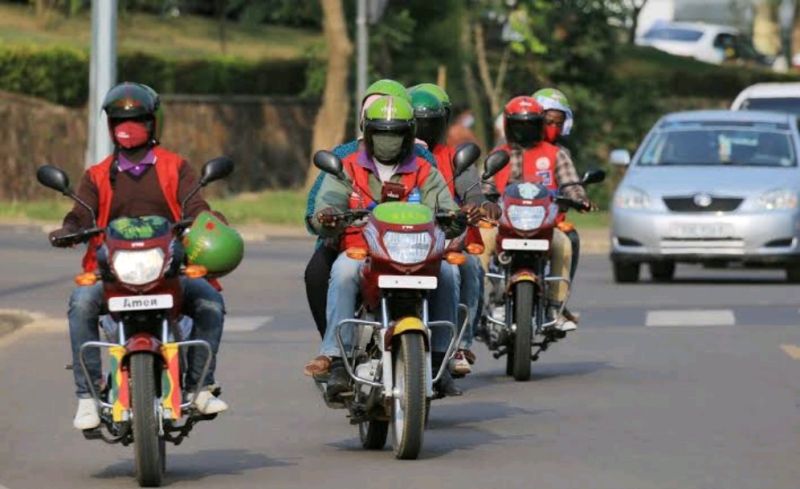The Rwandan government will cease the registration of petrol-powered motorcycles for public transport in the City of Kigali starting in January 2025, restricting new registrations to electric motorbikes. This initiative is part of the country’s efforts to promote sustainable mobility.
The Ministry of Infrastructure announced the policy as it seeks to enhance cleaner transportation options.
“We will not register petrol motorbikes for public transport in Kigali. Only electric ones will be considered for commercial use,” said Jimmy Gasore, Minister of Infrastructure.
Gasore highlighted that Kigali’s e-motorbike market and infrastructure are sufficiently developed to support this transition.
He clarified that the new policy will not affect existing petrol-powered motorbikes, which can continue to operate without interruption. “This is why we anticipate no negative economic impact,” he added.
The measure also aims to discourage the importation of non-electric motorbikes for public transport, aligning with Rwanda’s broader e-mobility strategy.
Juliet Kabera, Director General of the Rwanda Environment Management Authority (REMA), emphasized the environmental advantages, noting that electric motorbikes produce zero emissions.
“There are already many players in the electric motorcycle ecosystem. Electric bikes are both eco-friendly and affordable,” Kabera said, mentioning a pilot project that retrofitted petrol motorbikes with electric components.
She urged a shift in mindset toward electric motorbike purchases, highlighting potential cost savings and environmental benefits.
Under the new policy, existing petrol motorbikes will be allowed to operate until they are phased out due to wear and tear, but they will be subject to emissions standards.
In June 2021, Rwanda, in partnership with the United Nations Development Programme (UNDP), began a gradual phase-out of petrol-powered motorbikes, encouraging conversions to electric alternatives to reduce greenhouse gas emissions and air pollution.
At that time, more than 100,000 motorbikes were registered nationwide, with 46,000 operating as moto-taxis, including 26,000 in Kigali, contributing significantly to poor air quality and environmental degradation.
A recent study on the expansion of electric motorbikes in Rwanda indicated potential annual savings of Rwf9 billion due to reduced fuel imports.
Currently, Rwanda spends about Rwf23 billion annually on fuel imports, while electric motorcycles would only require Rwf14 billion yearly for domestically produced electricity.
Petrol-fueled motorbike taxis account for roughly 20% of all trips in Kigali and are major contributors to air pollution and greenhouse gas emissions. Rwanda’s Climate and Nature Finance Strategy (CNFS), launched on October 17, aims to cut emissions by 38% by 2030 and proposes measures to attract green investments, including tax incentives for private sector involvement in climate-friendly initiatives.
Proposed incentives include subsidies for electric vehicles, levies on high-emission vehicles, and adjustments to fuel taxes.
To support this transition, Rwanda currently offers incentives such as zero-rated import duty on electric and hybrid vehicles to encourage the adoption of electric cars and motorbikes, in line with its commitment to reducing greenhouse gas emissions, according to the Ministry of Finance and Economic Planning.

